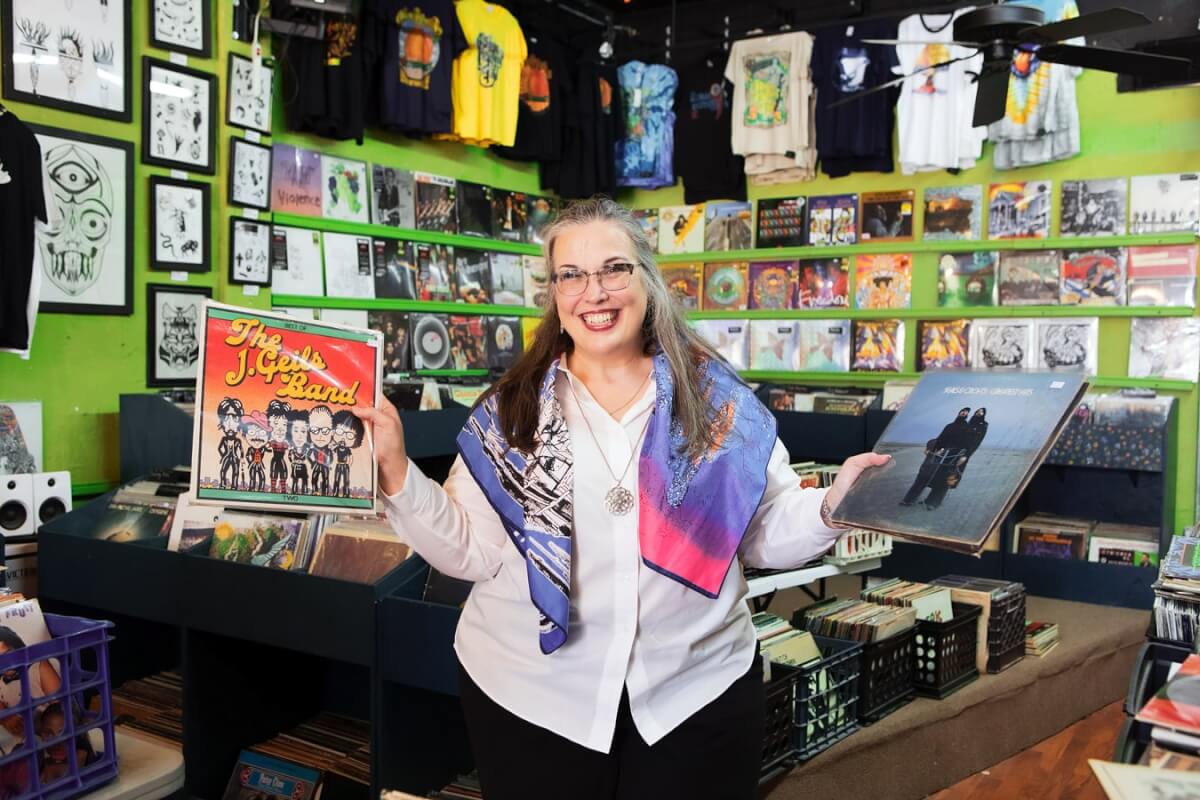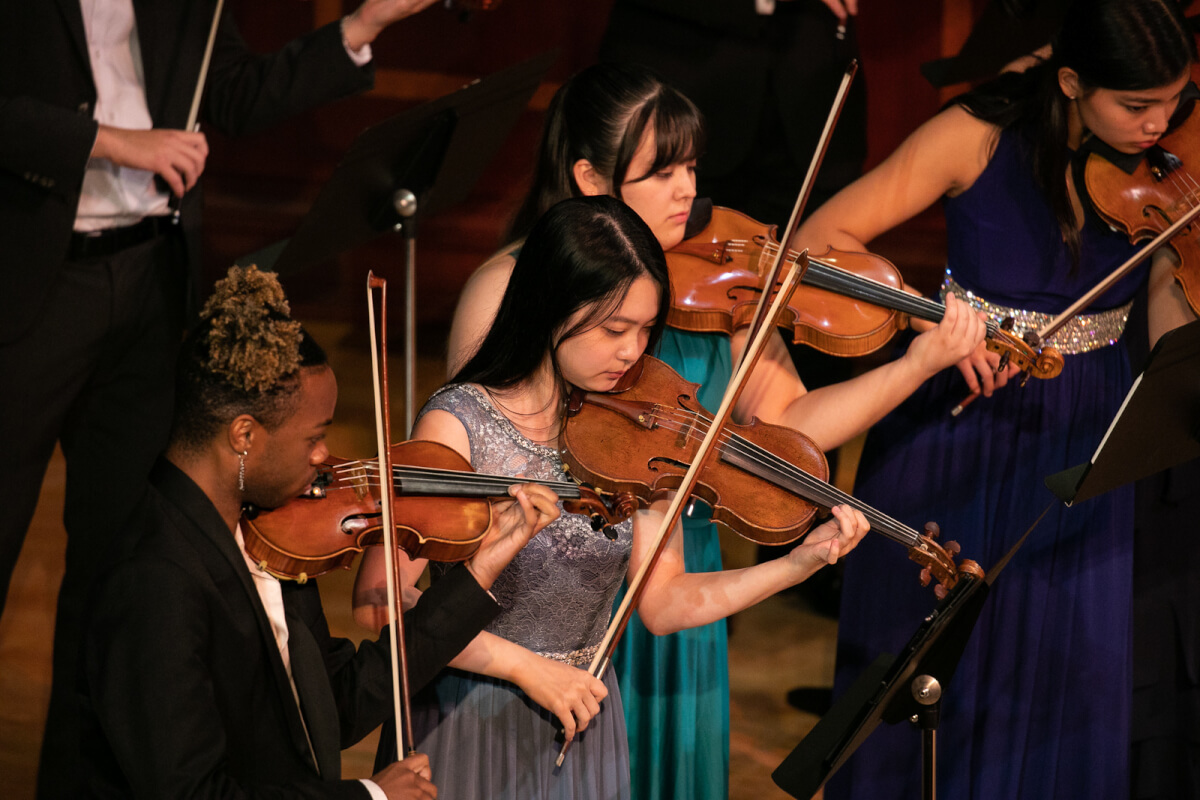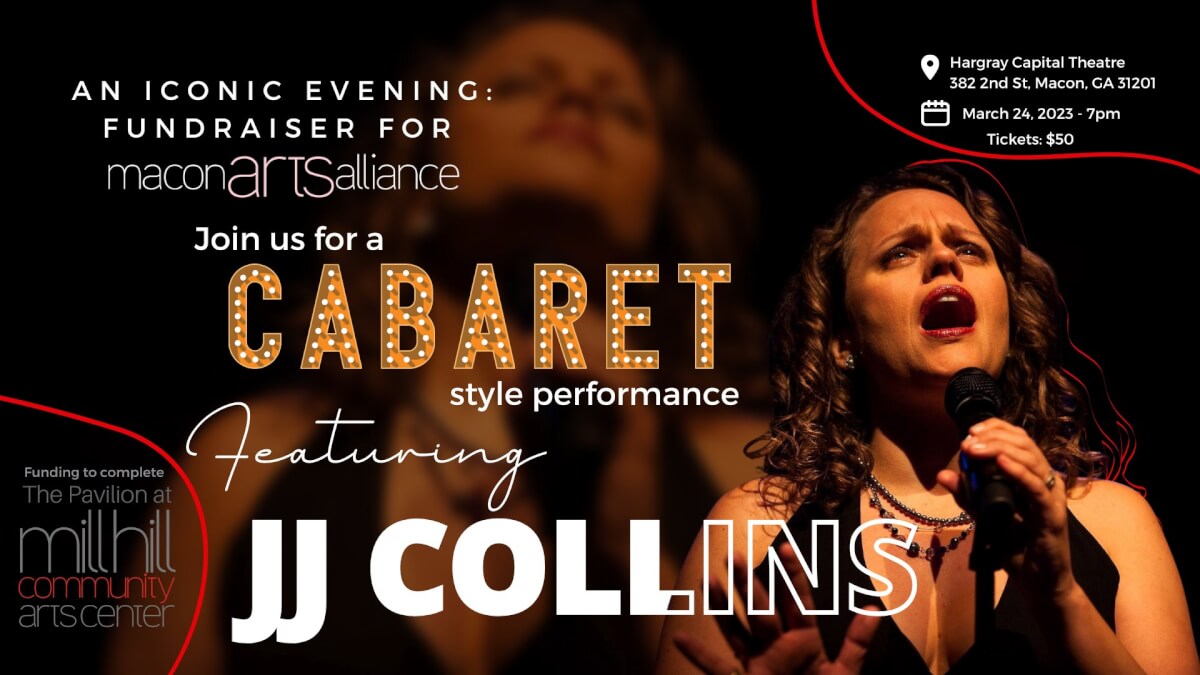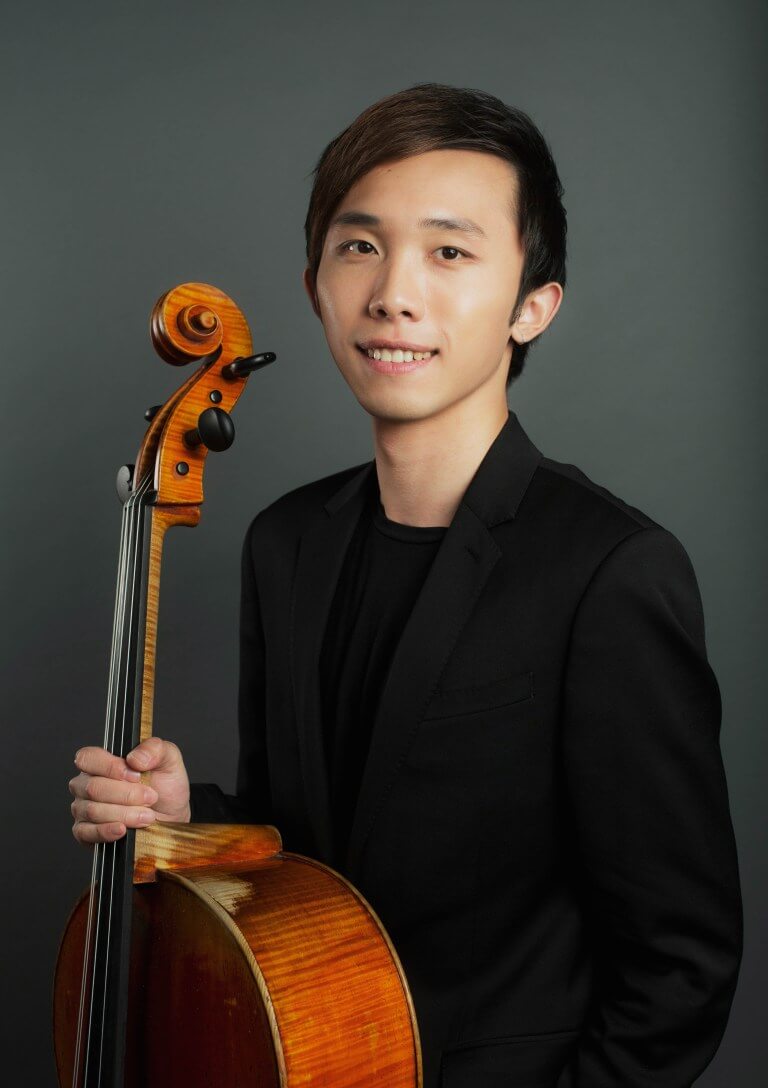
Music: Good for the Soul!
Shannon Says
What is Music? What’s the Soul? Merriam Webster defines music as “vocal and/or instrumental sounds combined to produce beauty of form, harmony, and emotional expression.” Religion and philosophy identify the soul as the essence of being individual and human, the part of us that connects to the divine.
The Verdict: The research is overwhelming and clear: music is good for us. In fact, music is incredibly good for us. The combined forms of sound that are music are good for us individually – to our deepest essence. Also, music is a shared experience between performer and audience that integrates intellect, emotion and physical movement. Music touches all aspects of our lives: physical, emotional, psychological, spiritual and behavioral.
Listening to Music:
Physically: Johns Hopkins research documents that listening to music provides a total brain workout. It can improve mental alertness and memory. It can reduce blood pressure and reduce pain as well as improve sleep quality.
Emotionally: Listening to music impacts mood. It can give expression to challenging feelings. It can help listeners create positive mental images that prompt pleasure, happiness and joy. It can reduce anxiety and encourage the rhythmic breathing that supports relaxation.
Learning Music Individually: Research shows that “the musical brain” is a product of both natural human neurodiversity and repeat practice. Learning music develops higher order thinking as well as multi-sensory motor and auditory brain connections. Also, the required practice, combined with the emotional and social rewards of learning music, promotes healthy brain neuroplasticity, prompts positive structural adaptations in the learner’s gray matter and creates more dense neurological fiber tracts. Learning music builds brain matter!
The brain development associated with learning music also translates outside of music. Better ability or performance in English/language arts, mathematics and grades is also correlated with consistent involvement in individual or group musical instruction among children.
All the causal factors of those correlations are not yet researched. However, it is thought that good memory, self-discipline and scheduling of practice and homework habits as well as creativity are important factors.
Performing & Producing Music Individually: Performing and producing music increases blood flow to brain regions related to understanding patterns, interpersonal intentions and expression. Repetition produces actual changes in each individual performer and producer’s brain function.
Learning, Performing & Producing Music in Groups: Parents of youth who participate in group musical efforts in schools report that musical opportunities help keep some students engaged in school who might otherwise be lost. These opportunities also make these students more active school participants who are more likely to attend class and be involved in other extracurricular activities (including team sports). These same parents also identify that the participation helps their child more productively express and manage their own emotions and read the emotions of others.
Research also documents that participating in bands and choruses helps children learn soft skills so needed in today’s world. For example, research says that people who participate in choruses learn positive social skills, are better team players in all contexts, are more reliable, are more willing to accept criticism, are more willing to accept assignments outside their area of expertise, are less likely to complain about not getting enough credit for their individual contributions and are more likely to be recognized by colleagues as resources rather than competitors.
Performing & Producing in Groups as Adults: Adults who continue to participate in group musical endeavors are generally remarkably good citizens, consistent voters and civic leaders, avid patrons of arts, routine community volunteers and generous philanthropists.
Music is good for the soul – individually and collectively – across the lifespan. Cue music!







